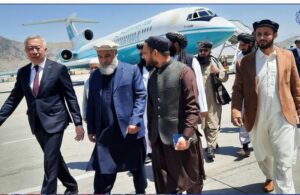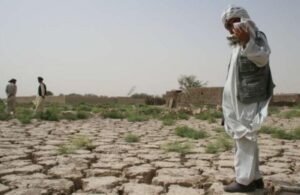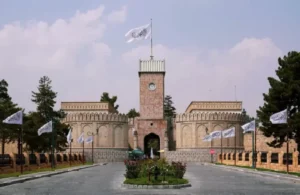KABUL (SW) – The visiting UN delegation has reiterated the call for women’s right to work and education in Afghanistan.
Amina Mohammad, the Deputy Secretary General of the United Nations, has been in Kabul since two days at the head of a high-level delegation of the United Nations, to discuss the right to work and women’s education. She has met with a number of officials of the Islamic Emirate, including Abdul Salam Hanafi, the deputy prime minister and the heads of the ministries of foreign affairs and migrant affairs.
The visit of the high-ranking delegation of the United Nations to Afghanistan with the highest female official as its head brought hopes for an understanding with the Islamic Emirate in order to find a solution to restore the right to work and education for women.
However, in the newsletters issued from the meetings of this delegation with the officials of the Islamic Emirate, there was no mention of serious discussion about the right to work and education of women, and on the other hand, the blame for the current situation in Afghanistan was transferred to the international community.
Meanwhile, Tariq Farhadi, expert on political issues, told Salam Watandar that the visit of the United Nations delegation to Afghanistan was only able to convey the message of the United Nations to the Islamic Emirate.
“The trip of the Deputy Secretary General of the United Nations is important because the Secretary General sent one of his deputies who is a Muslim and has reached this position wearing a hijab. In fact, the United Nations has sent its high-ranking Muslim officials to talk to the Taliban”.
In the first months of the establishment of the Islamic Emirate, the international community tried to force the Islamic Emirate to provide human rights, especially for women, by drawing red lines such as the formation of an inclusive government and respect for human rights. Now, the United Nations is trying to get women in Afghanistan their right to work and education, without mentioning the formalities.
Mahmoud Aztarabi, expert on political issues, said about this: “In the beginning, the international community raised many issues, but little by little, with these pressures and with these extreme positions in the society, it has become very short and has only come to discuss work and education and a series of other issues are ignored”.
The Islamic Emirate recently banned women from going to universities, educational centers and working in domestic and foreign non-governmental organizations that caused global reactions.
ENDS






